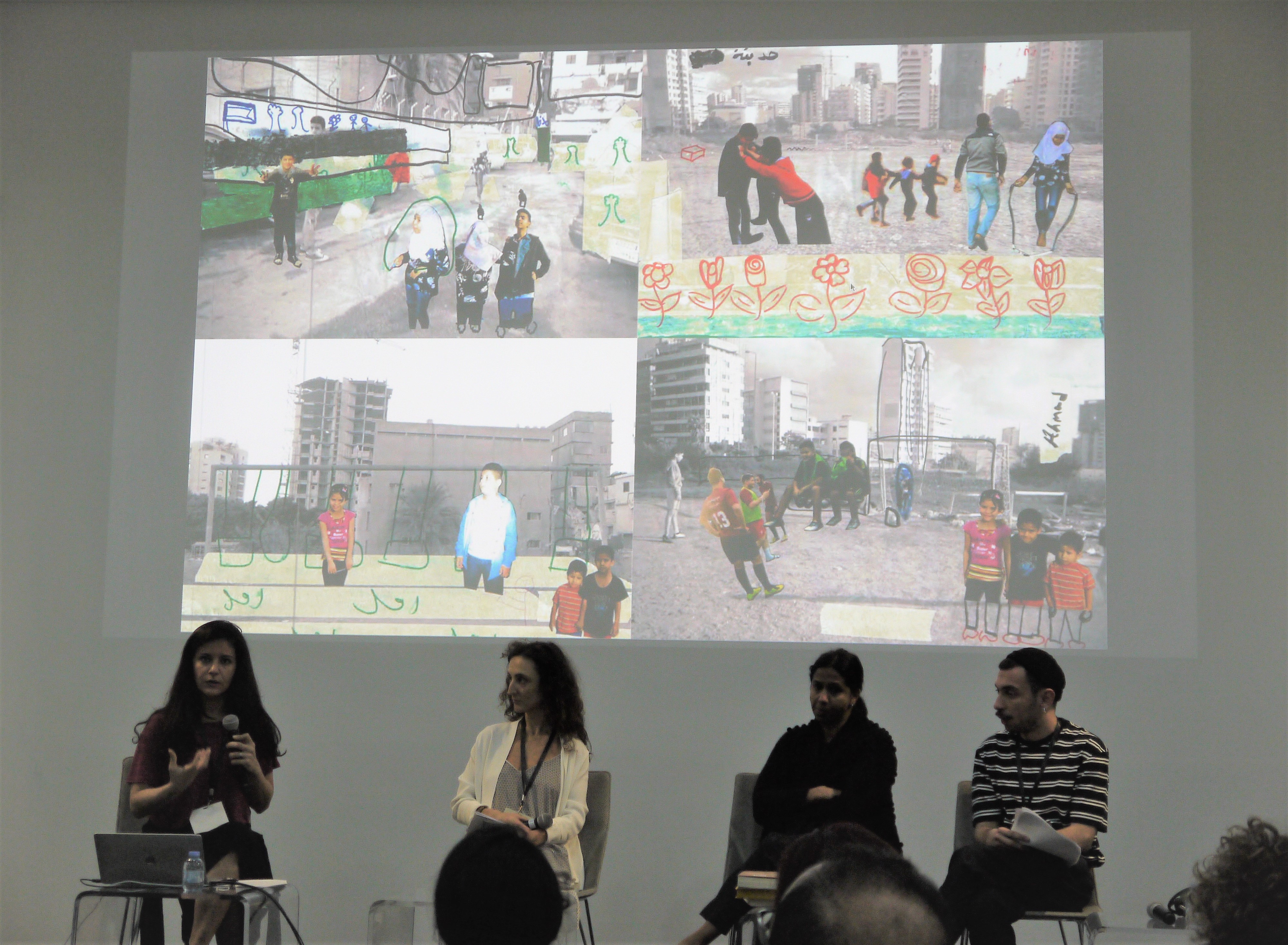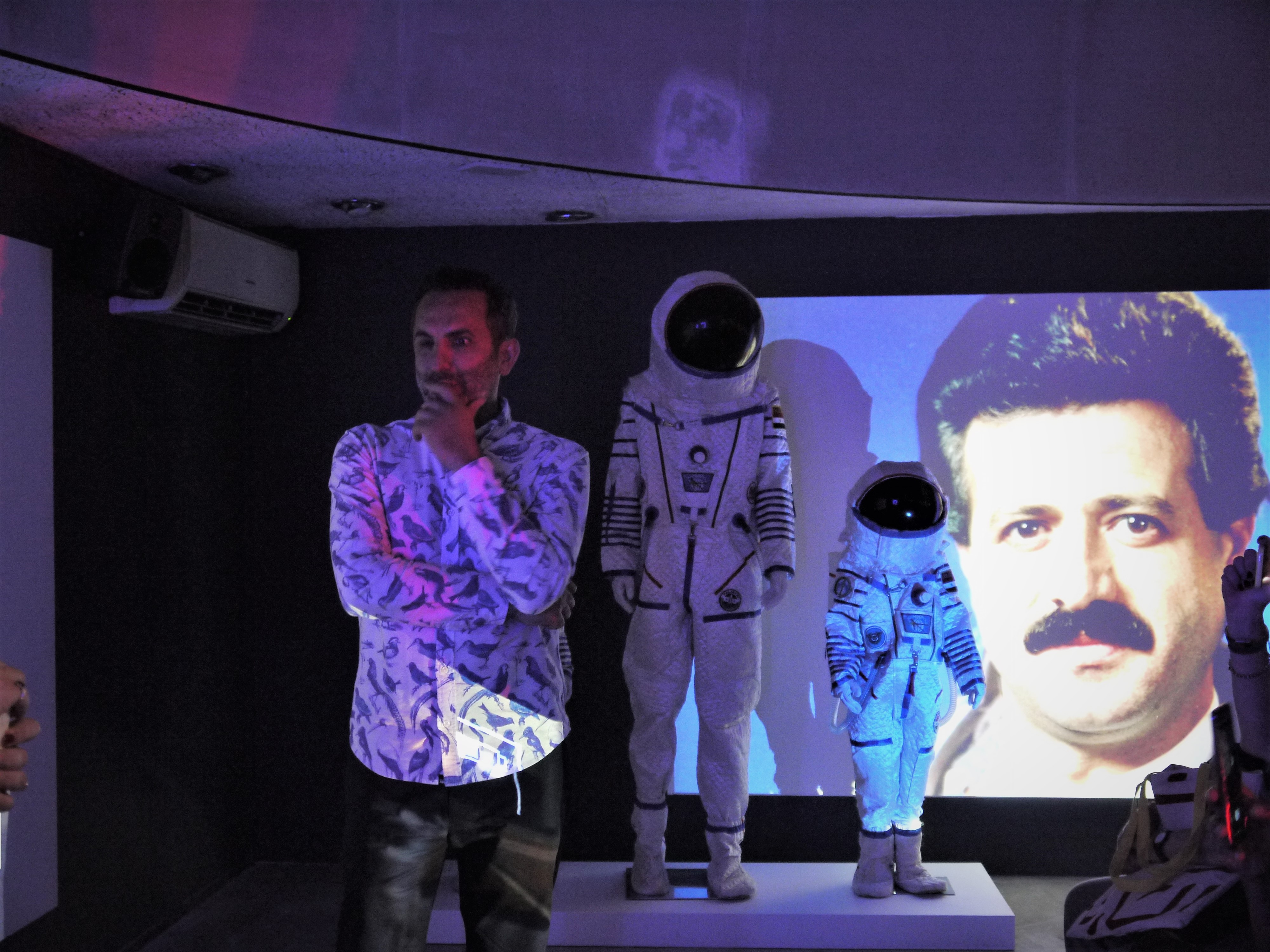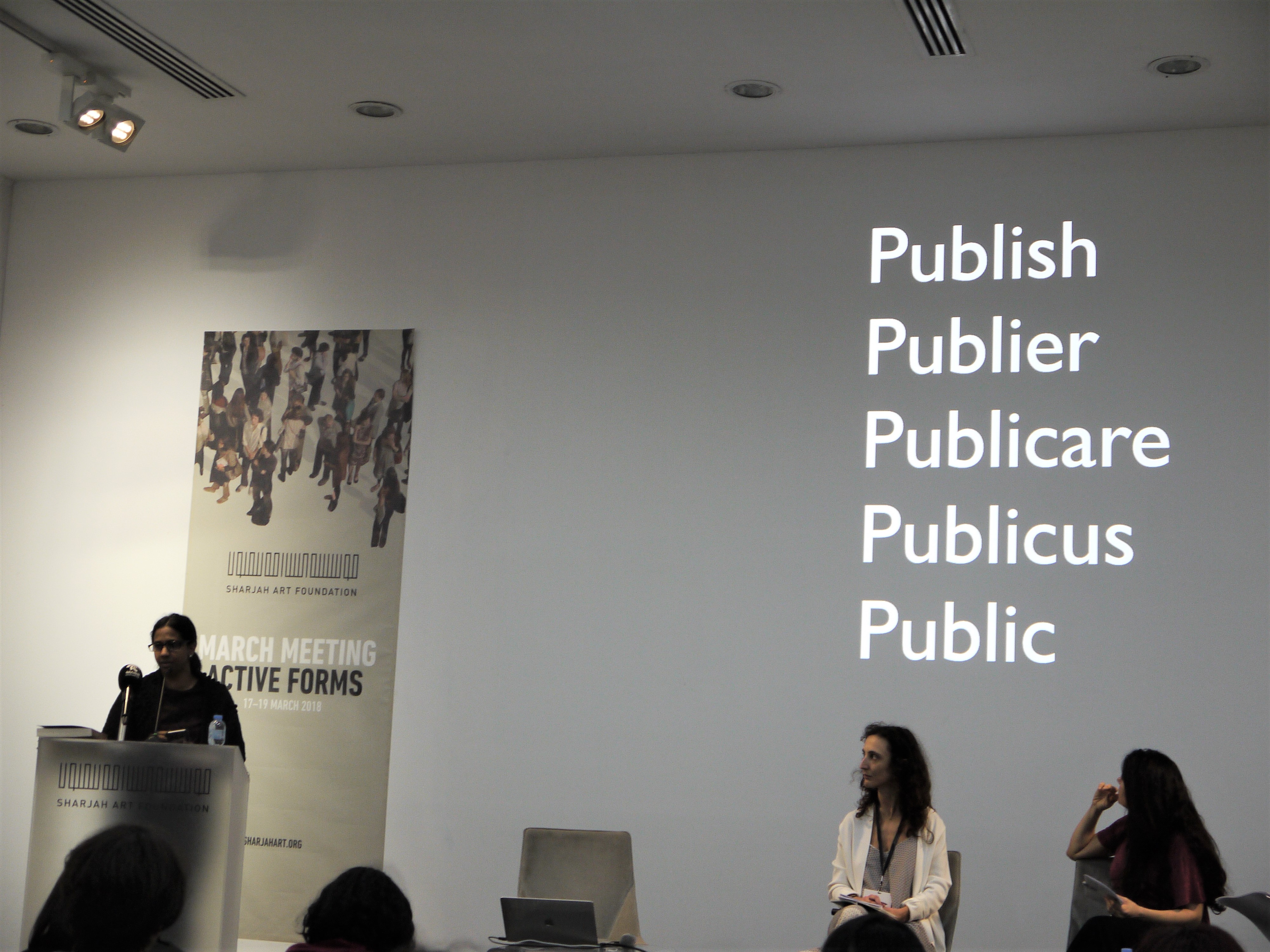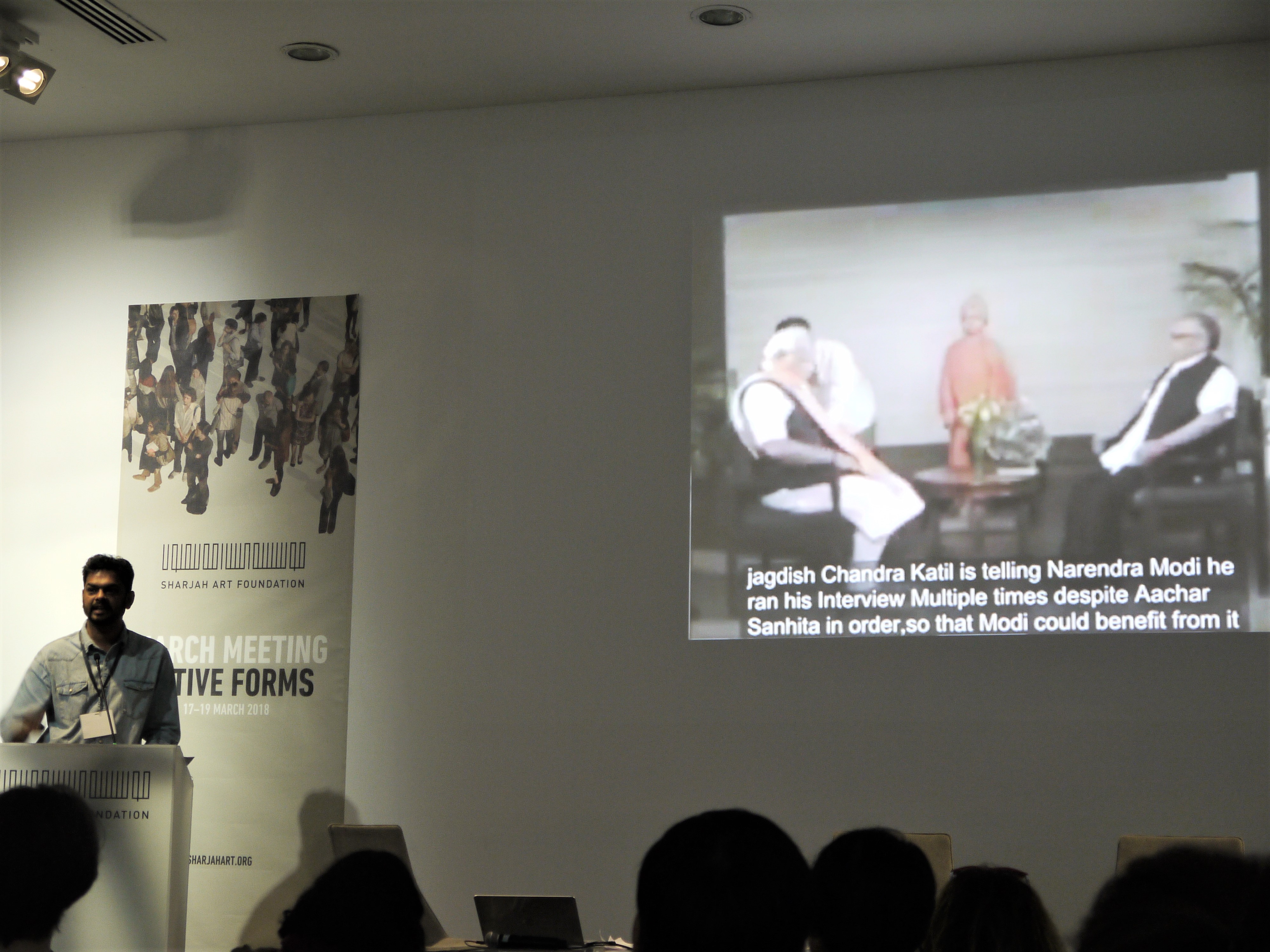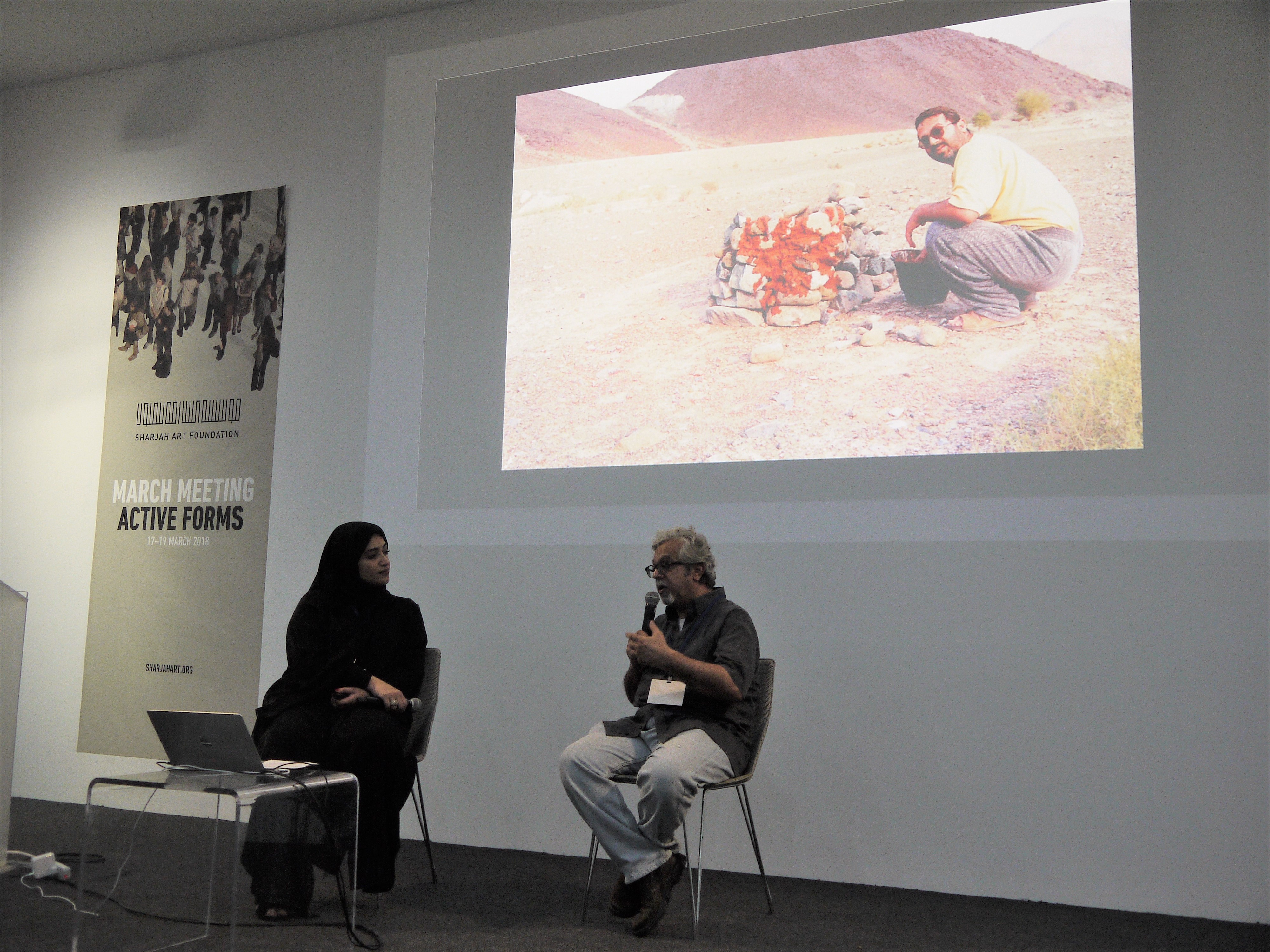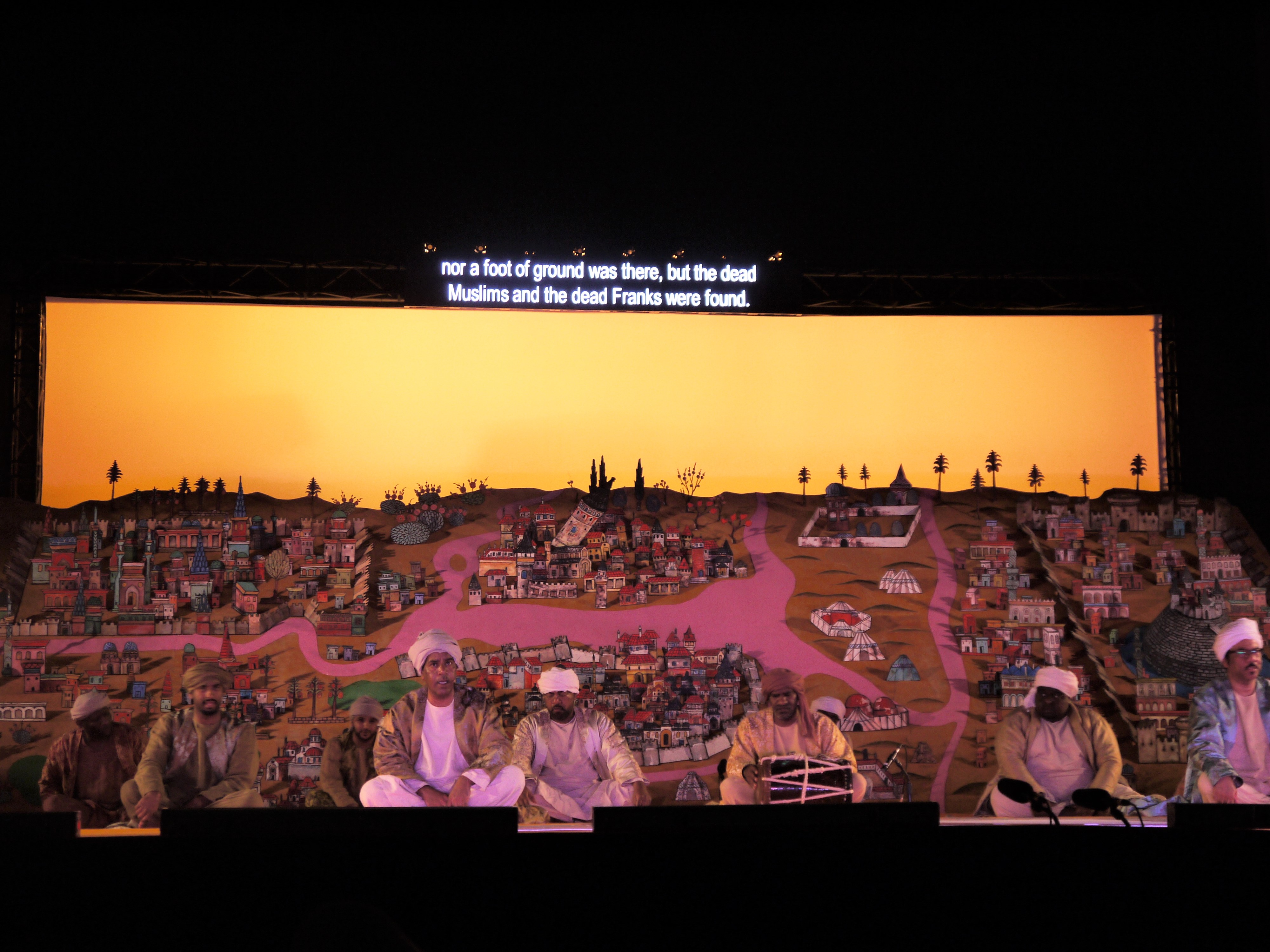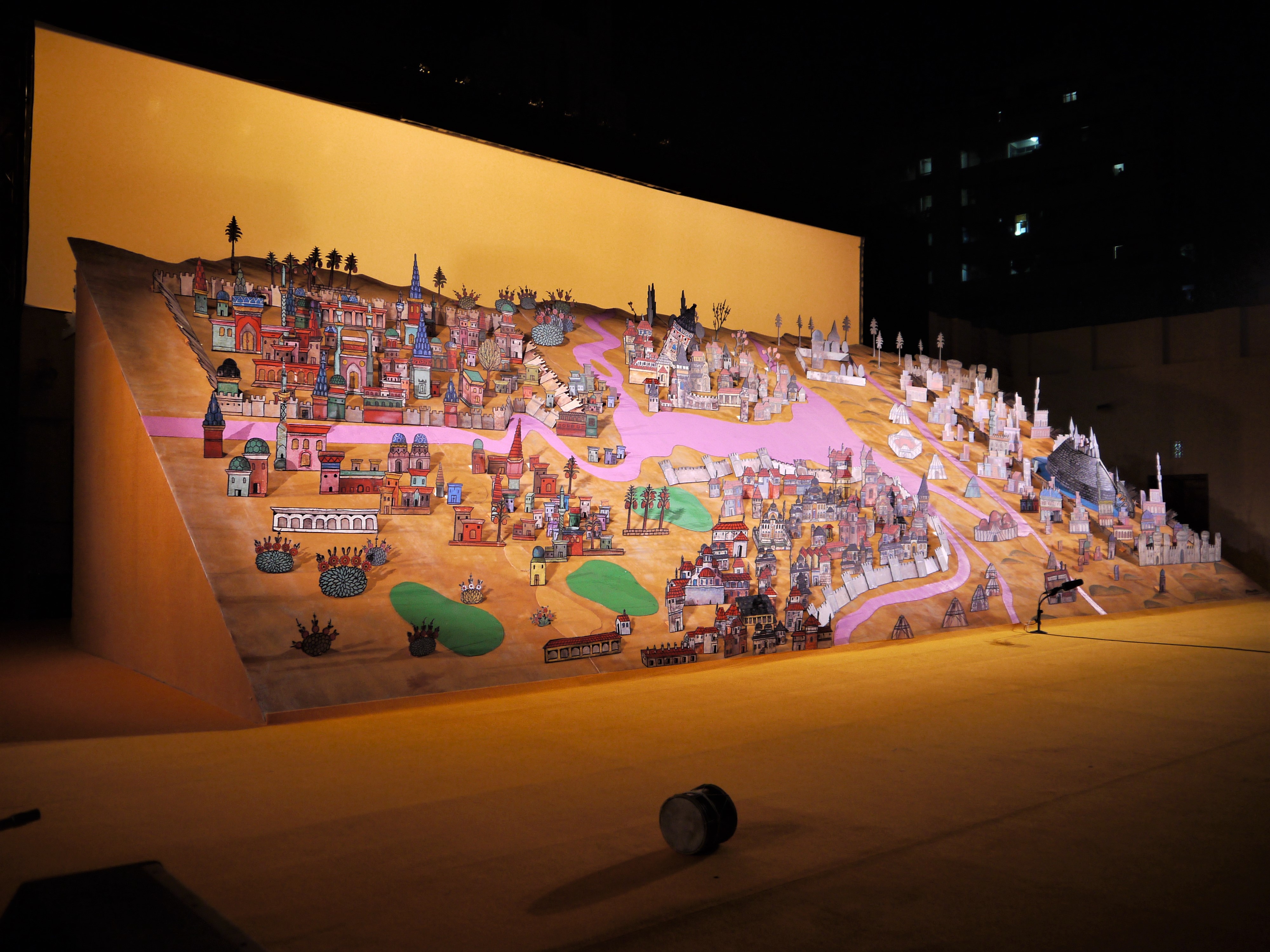In times as troubling as ours, how do we organize strategies for survival and resistance against overwhelming forces that are historically dominant? This year's edition of March Meeting-Sharjah Art Foundation's (SAF) annual convening of artists, curators and other practitioners since 2008-followed this line of inquiry, revealing the ways in which contemporary art and culture's modes of organization provide not only channels for discussion, exchange and healing, but also propositions of emancipation from post-colonial traumas in order to forge new narratives.
Under the title "Active Forms," the three-day symposium focused on the dissemination of culture to the public via channels such as exhibitions, lectures and festivals, looking at how, from these arenas, ideas for endurance spring forth. Accompanying the various discussions and performances around this theme was a group exhibition, eponymously titled and featuring the works of 13 artists and one artist group, including Halil Altındere, Simone Fattal, Gulnara Kasmalieva and Muratbek Djumaliev and Naeem Mohaiemen.
The exhibition was spread out across various venues, managed by SAF, augmenting the overall idea that these dialogues about our future are often informal-hidden, even. In the Old Sharjah Planetarium, a dome-shaped building painted robin-egg blue, was Turkish artist Halil Altındere's "Space Refugee" project (2016), in which the artist proposed re-habitation on Mars as a solution to the Syrian refugee crises. At Bait Al Shamsi, a traditional site with Arabic architectural flourishes built in 1845, the works of several artists inhabited the studios overlooking the central courtyard. Hazem Harb spoke of impermanence and the lives of exiled Palestinians through the mixed-media installation Sustainable Living (2012), while Raeda Saadeh, in her video, revealed the futile act of vacuuming a valley range choked with dust, sand and rocks, in an attempt to "clean up" insolvable situations or landscapes. Simone Fattal's leggy, hand-pinched sculptures was a more obscure addition to the exhibition, but the works, with their archaic forms borne out of Fattal and her partner Etel Adnan's ongoing dialogue with the Lebanese civil war, nevertheless conveyed a sense of timelessness.
